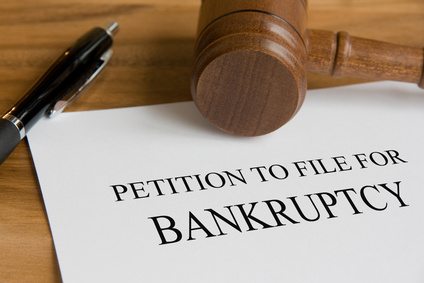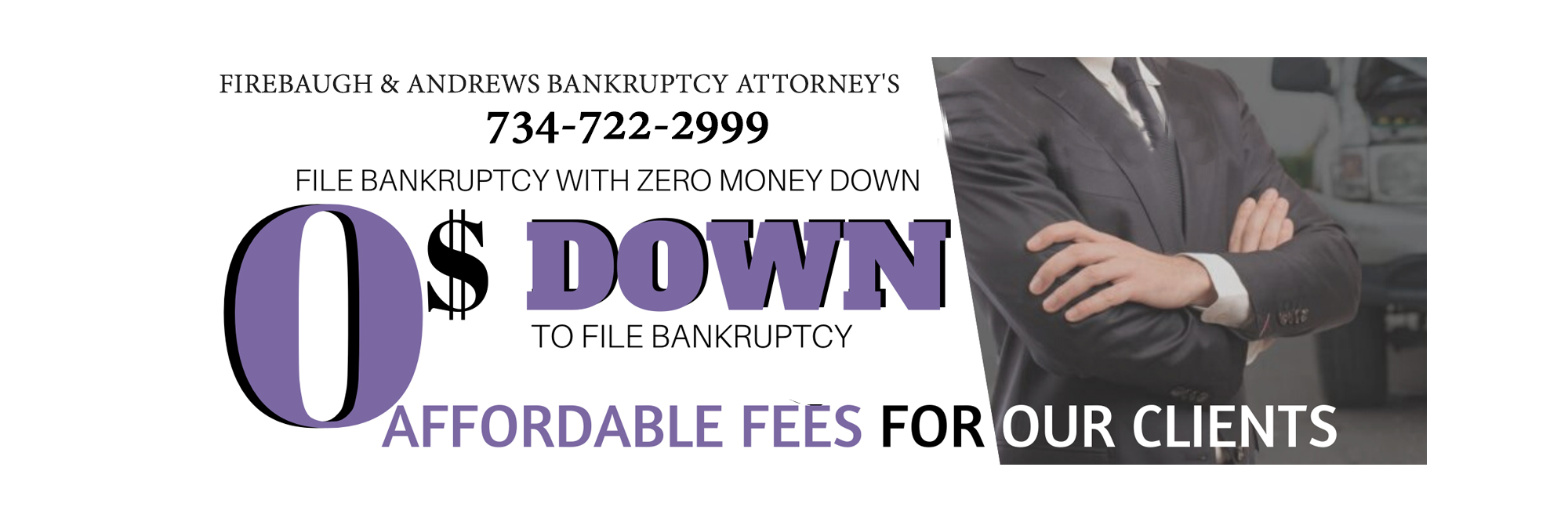
You’ve probably heard a great deal about the pitfalls of filing for bankruptcy. Depending upon the source of your information, you may have heard that bankruptcy permanently damages your credit score and ruins your chances of finding a decent job. Further, you may have heard that your bankruptcy declaration will show up on any future background checks conducted by law enforcement departments, landlords, employers or government agencies.

All of these rumors have some basis in fact. It’s true that declaring bankruptcy can hurt your credit score for a significant length of time. It’s also true that a bankruptcy declaration is a matter of public record. If you file for Chapter 7 liquidation or Chapter 13 reorganization, there’s a good chance that your future employers, landlords and creditors will find out about it.
However, critics of the bankruptcy process tend to overemphasize these negative points. If you’re struggling to repay your debts, none of your debt-fighting options are going to be easy or stress-free. While there are several proven methods of debt relief that might be able to improve your financial situation over time, there’s no magic switch that you can flip to rebuild your credit.
In this light, the reorganization process has some attractive qualities. For starters, it’s useful for reducing or eliminating certain forms of unsecured debt. While you won’t be able to get rid of your mortgage or auto-loan obligations by declaring Chapter 13 bankruptcy, you may be able to reduce the number of credit card bills and personal loans that you have on your debt docket.
This can free up substantial reserves of income and ensure that you remain current on your secured obligations. As long as you can prove to your mortgage and auto lenders that you’re serious about repaying your loans, the bankruptcy process won’t necessarily expose you to foreclosure or repossession. In fact, reorganization can increase the likelihood that you’ll remain in your home during a period of financial turmoil.
Filing for a Chapter 7 bankruptcy can reduce your unsecured debts even more quickly than a Chapter 13 reorganization plan. Also known as “liquidation,” Chapter 7 permits you to discharge many of your outstanding debts without repaying your creditors. Although every step of this process must be approved by a bankruptcy judge, it can take far less time than a reorganization plan. It can also take less time than other methods of debt relief.
In fact, a Chapter 7 filing can eliminate the bulk of your unsecured debt load in just a few months. While many folks who file for Chapter 7 end up losing their homes to foreclosure, you may be able to hold onto your house by “reaffirming” your mortgage and continuing to make payments on it.
Even if you aren’t able to do this, the benefits of a clean debt slate may outweigh the inconvenience of losing your home. As you begin to rebuild your credit in the years that follow your bankruptcy declaration, you’ll eventually be able to purchase another home. If your debt situation is clearly unmanageable, filing for Chapter 7 bankruptcy may be your fastest route back to solvency.
In either case, your bankruptcy declaration will affect your credit score. However, it won’t damage it forever. Furthermore, you may have some control over the process’s ultimate outcome. By taking steps to rebuild your credit score after emerging from bankruptcy, you could find yourself commanding prime interest rates and securing high-limit credit cards within a few years. You’ll simply need to pay off your remaining obligations in a diligent fashion and avoid taking on too many new loans.
The bankruptcy process can also serve as a means for you to reorder your household’s budget on a permanent basis. After you declare bankruptcy, you’ll need to present a repayment plan to the bankruptcy judge as well as your creditors. As part of this plan, you’ll need to provide detailed information about your income and expenses.
You’ll also need to provide evidence that your household budget permits you to make your agreed-upon repayments in a timely fashion. If you can show financial “progress” by pointing to reduced or eliminated budgetary expenses, your creditors may be willing to cut you some slack during the reorganization process. In the long run, this may improve your credit profile and increase your chances of emerging from bankruptcy with a manageable load of debt.
In short, declaring bankruptcy may not lead to financial ruin. In certain circumstances, reorganization can actually be a powerful tool that reduces your unsecured obligations and sets you back on the path to solvency within a few short years.
Call us for your free consultation 734-722-2999





 get a free consultation
get a free consultation
Comments (0)